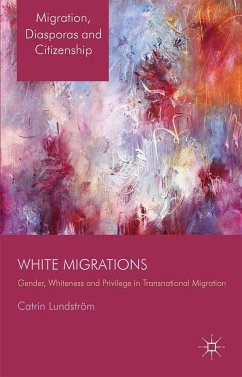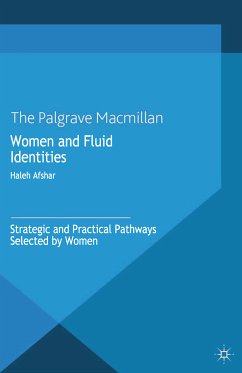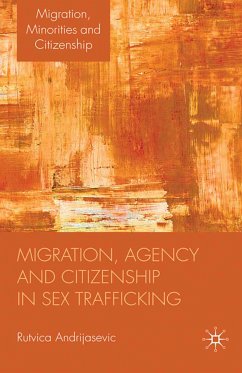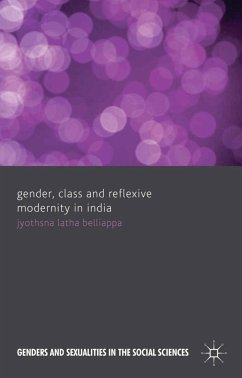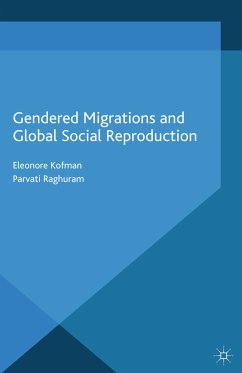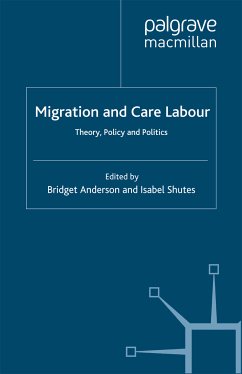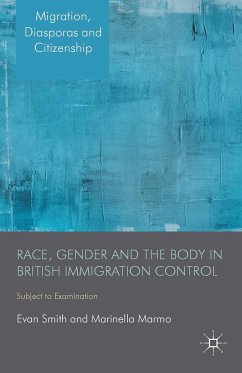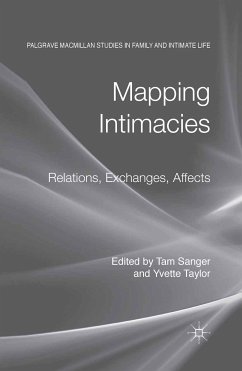Dieser Download kann aus rechtlichen Gründen nur mit Rechnungsadresse in A, B, BG, CY, CZ, D, DK, EW, E, FIN, F, GR, HR, H, IRL, I, LT, L, LR, M, NL, PL, P, R, S, SLO, SK ausgeliefert werden.
"The book does a wonderful job at exploring the complex intersections of whiteness, gender and class, sexuality and national identity experienced by affluent migrant women in different national contexts. ... With its focus on a neglected case of 'white migration', the book makes a valuableand refreshing contribution to the increasingly diverse scholarship on migration, and should also appeal to anyone interested in whiteness or gender studies more generally." (Laura Morosanu, Review European Journal of Women's Studies White Migrations, ejw.sagepub.com, Vol. 23 (2), May, 2016)
"White Migrations is [...] a remarkably precise and lucid analysis of heterosexuality in its intersection with Swedish whiteness. The heterosexuality of her informants is crucial to how their white privilege moves with them, and to the forms it takes in the new contexts where they build their lives. The very specificity of the heterosexual female embodiment of Swedish whiteness is constantly in focus, despite the fact that all Lundström's informants appear to be straight. Heterosexuality is not conflated with gender, and it is not universalized. Although this should be expected in feminist research, it is still a rare accomplishment. Lundström does not make a point of it, but the job she does of describing the specificity of living normative lives in relation to sexuality makes the book a contribution to sexuality studies as well as to migration studies and critical whiteness studies.[...]
"For gender studies, White Migrationsoffers a lesson in how gender, race, class, and sexuality are co-constituted in both the private and the public sphere, and how Nordic whiteness in its heterosexual female variety produces particular life
conditions (depending on destination), for those who migrate with it. To silence race in studies of this group is deeply problematic because it extends the naturalization of white privilege. Lundström's book gives an excellent example of how privileged lives can be studied without naturalizing their standpoint. It will be extremely valuable for gender studies scholars who want to explore how white privilege becomes significant in gendered ways, and how it can be understood by those who benefit from it." - Stine H. Bang Svendsen,Nordic Journal of Feminist and Gender Research, 23(2)

